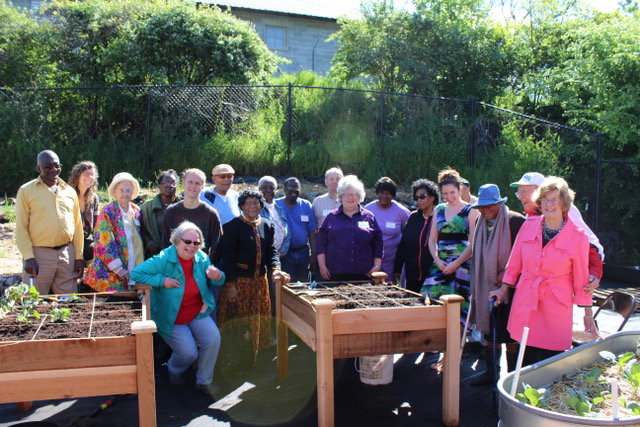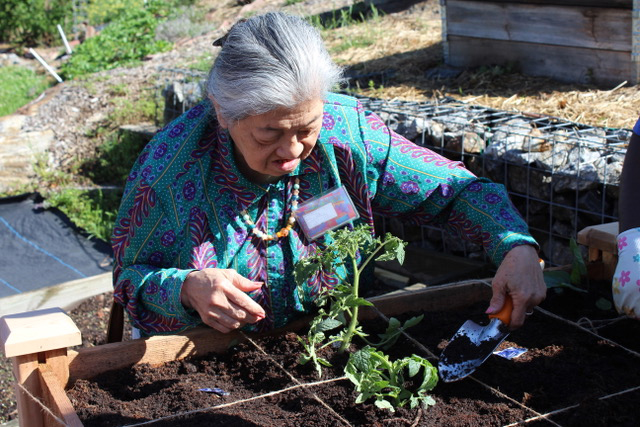Athens Community Council on Aging
Athens, GA
In the late 18th century, a trading settlement on the banks of the Oconee River called Cedar Shoals stood where Athens is located today. On January 27, 1785, the Georgia General Assembly granted a charter for the University of Georgia as the first state-supported university. Sixteen years later, in 1801, a committee for the university’s board of trustees selected a site for the university on a hill above Cedar Shoals, in what was then Jackson County. John Milledge, a trustee and later governor of Georgia. named the surrounding area Athens after the city that was home to the Platonic Academy of Plato and Aristotle in Greece.
An interesting note is that the first buildings on the University of Georgia campus were made from logs. Athens officially became a town in December of 1806. The university continued to grow, as did the town, with cotton mills fueling the industrial and commercial development. By 1833 a group of Athens businessmen grew tired of their wagons getting stuck in the mud and built one of Georgia’s first railroads, connecting Athens to Augusta. By 1841, the railroad connected Athens to a town that was to become Atlanta. In the 1830s and 1840s, transportation developments combined with the growing influence of the University of Georgia made Athens one of the State’s important cities. The university essentially created a chain reaction of growth in the community that developed on its doorstep. Today, the University of Georgia is the largest employer in Athens. Yes, Athens is a college town.
One interesting note to ponder is that Forbes named Athens one of the 25 Best Places to Retire in 2015.
Our What A Waste project partner was the Athens Community Council on Aging’s Center for Active Living (CAL). CAL is a multi-purpose center dedicated to offering a variety of opportunities for older adults in the Athens and surrounding areas. CAL offers a Plus Program for those adults age 60 and over who are residents of Athens-Clarke County. The Plus program offers a door-to-door transportation program for those unable to drive, morning activities, a noon lunch, and case management, if needed.
According to Allyn Rippin, Director of the Center for Active Living: “We have had an extremely positive experience with NFESH and the What A Waste program. It has benefitted our Center in numerous and surprising ways. We expected to learn more about our waste at the Center, but we were also delighted to see the ripple effect this project had on many other aspects of our program.”
The results:
Fruit and vegetable waste was decreased by 21% per day.
Milk consumption was improved by 66%.
Total daily food waste decreased by 13%.
The average annual cost of food waste was reduced by 10%.
The gardens yielded more than 180 pounds of produce.
The University of Georgia became involved in the project and student volunteers
assisted with composting and gardening on-site.
The Center developed a curriculum around food waste reduction, composting and
gardening.
Senior engagement in the project was outstanding. For example: seniors provided feedback on high waste food items that led to no-sodium herb blends becoming available for seasoning foods. Seniors learned about food waste, composting and gardening, and finally, seniors gardened and learned about incorporating produce into meals.
This college town took education to heart and made What A Waste a learning experience for all involved. Athens Community Council on Aging’s Center for Active Living – you get an A+.






